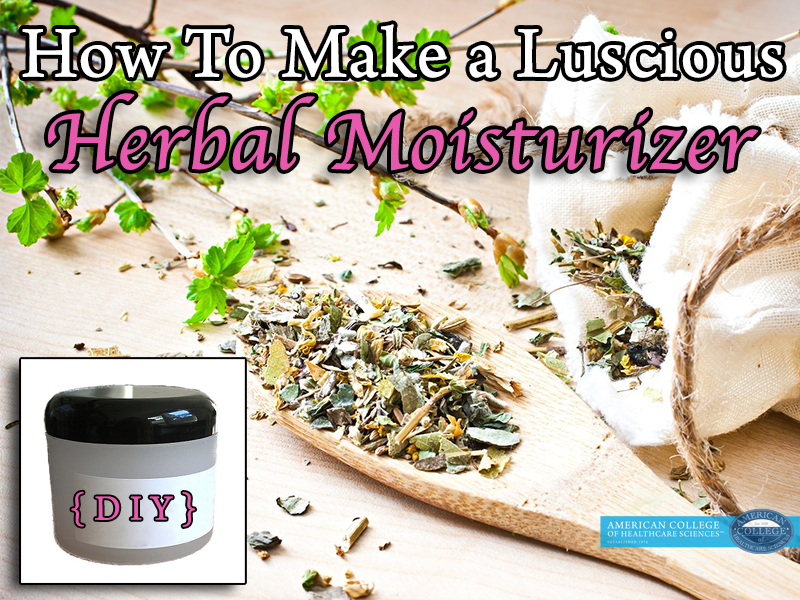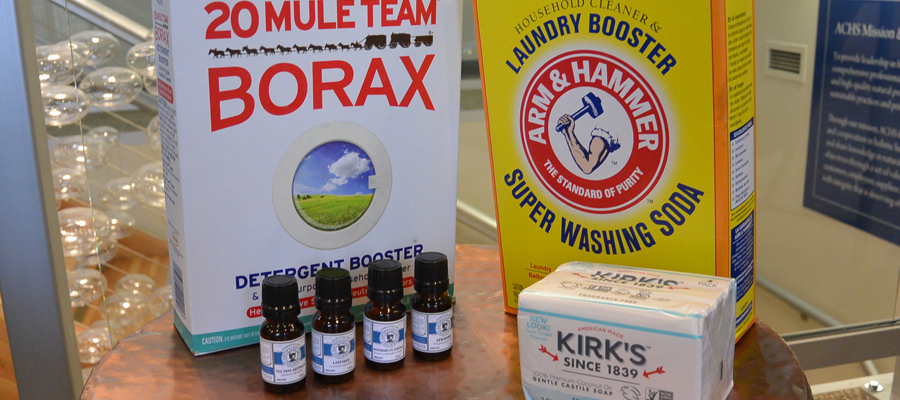It’s almost Earth Day. Earth Day is an annual, global event commemorating the 1970 birth of the modern environmental movement. But it’s also a day dedicated to reviewing the state of our plant and recommitting to do better next year. How? If you’re like so many of us who wonder, “What can I actually do to make the Earth a better place?,” keep reading.
The answer is: a lot. And it doesn’t take a lot of money. And it doesn’t take a lot of creativity. And heck, it doesn’t even take a lot of time. You can do some crazy simple, crazy amazing small things every day to help keep Mother Earth happy and healthy (and help yourself along the way, too!).
So, where do we start this Earth Day how-do?
5 Simple Ways to Go Green for Earth Day
This simplest place to start is where you already are. Maybe do what you’re already doing, but amp it up a bit. And if you’re not doing anything (no worries, we’re not pointing fingers), choose one thing you think you can do consistently over the next month.
Here are five simple and scrappy ways our ACHS family goes green. See which one speaks to you:
- Scoop the Poop — Yes, we said the “P” word. Pet poop is a big polluter. It can flow into storm drains and pollute the water. If you have a dog, you take Fido for walks. We like to think you always pick up. But if not, start there. You’ll be doing your part for the planet and your neighbors. For an added challenge, use an earth-friendly gadget to dispose of pet waste like earth rated, lavender-scented poop bags.
- Hug a Tree — Go on now! Your friends will love the picture opp. Okay, you don’t actually have to hug a tree to be a “tree hugger.” You just have to care. Junk mail, like those catalogs you never look at and the coupons you never use, kills 2.6 million trees a year. Here’s a great tip from our Director of Student Financial Services Kathryn Stone: the next time you’re online, which will probably be sometime today or tomorrow, check out CatalogChoice.org. It’s a free, nonprofit website that helps easily opt-out of unwanted mailers. Easily being the keyword.
- Waste Not, Want Not — If you pack a lunch or a post-workout snack or a wholesome, diet-friendly treat or what have you, you’re using some kind of packaging. And since most of us are honestly too busy or too lazy to wash out and reuse plastic baggies or tinfoil wrap (again, no judgment here), why tempt fate? There are tons of reusable options these days that are inexpensive, easy to use, lightweight, attractive … you get the picture. ACHS Director of Instructional Technology DW Wood recommends re-usable beeswax sandwich wraps.
- Go Stinky for Safety — No, this isn’t about BO. We could never recommend that in good conscience. But, there are plenty of “stinky” essential oils that are also highly effective around the house, especially as chemical-free insect repellents. If you’re an OFF! enthusiast, for example, you can go mosquito-free and chemical free with a simple swap. Try an organic solution with natural repellent oils like lavender, tea tree, and lime. We’ve already put an ingredients list and recipe together for you.
- Get to Steppin’ — Use your feet. Plain and simple. If you can walk somewhere, take the opportunity to get a little exercise and reduce green house gas emissions. If that’s not an option, that’s okay too. We love our local bus drivers, cyclists, and carpool organizers. Our Accounts Payable/Accounts Receivable Assistant Alexis Swenson-DeGrate put it very simply: get out there and ride a bike!
5 More Ways to Go Green for Earth Day
Now, if you’ve mastered a few of the simple strategies outlined above and you’re ready to take the plunge, we have some ideas that will help you to take your commitment to the next level. Then, tell us about your green tips in the comments section.
- One Word … Coffee — Whether you’re a modern brew master or just unwilling to evolve and still actually make coffee at home, those grounds are precious. It's a fact. Gardeners will stalk the local Starbucks hoping to be the one who gets the grounds. It may sound crazy, but coffee grounds are an effective natural fertilizer for your garden. So, don’t waste them! No garden? There are plenty of anxious gardeners who will gladly take them off your hands. Check reddit for information on donations in your area.
- Fuel the Filter Flurry — We know the water we use should be clean, which usually means filtered for heavy metals and other toxins. We also know filtering systems can be expensive to install and that buying bottled water may now be a no-no. Try making your own filter. Many DIY filters use recycled materials, like plastic soda bottles, and other odds and ends you might already have around the house. Mother Earth News has a great article on this.
- Cleanse Yourself — This isn’t as esoteric as it sounds. You already shower! Instead of letting that water run down the drain, collect it. Truth. This is called grey-water collection and all you have to do is take a bucket or watering can into the shower. Then use this water in non-edible gardens. We think that’s self-explanatory! (Note: Grey-water collection and reuse is illegal in some jurisdictions, so check with your county or city codes to see if you can do this.)
- Weekend Warrior It — Build a rain barrel. If you live in a climate that gets ample rain, take advantage. Rain barrels are pretty simple to put together — you can do it over a weekend. Rain barrels collect this natural resource so you can use it later when needed, like in summer. Plus, it saves money! Everyone likes that. ACHS has a fancier wood version from Purple Portland Water, but you can use a food-safe plastic barrel or something like that. We have more info on rain barrels in our earlier blog Greener is Healthier: 7 Simple Ways to Green Your Home and Workspace.
- Where’s the Beef? — If you happen to be a meat eater, try to buy your cuts from your local butcher shop or farmers market so you know where your meat comes from. Local sellers have humanely raised meats (as well as cheeses and eggs) from animals grown without hormones or antibiotics. These animals are typically free range, so they are free to wander and graze on green grass, a natural diet, and fertilize the pasture as they go (you don’t want to scoop this poop!). It’s healthier for you and the environment. Plus, you cut down on fossil fuels from trucking the meat hundreds or thousands of miles, as well as wasted packaging materials.
Interested in learning about more ways you and local businesses can help be a change? Check out our upcoming webinar, Business as a Force for Good: The B Corp Movement, on May 16 at 12:00 p.m. Pacific time.
Resources
- About Us | Earth Day Network." Home | Earth Day Network. Earth Day Network, n.d. Web. 11 Apr. 2016.
- Hayes, Denis. "Earth Day." Pollution A to Z. 2004. Retrieved April 11, 2016 from Encyclopedia.com: http://www.encyclopedia.com/doc/1G2-3408100074.html
- Earth Day. (2016). In Encyclopædia Britannica. Retrieved from http://www.britannica.com/topic/Earth-Day 11 Apr. 2016
- "An Inconvenient Truth Take Action What You Can Do." Official An Inconvenient Truth: Global Warming Effect, Al Gore Movie,Climate Change, CO2 Emissions & Solutions. N.p., n.d. Web. 11 Apr. 2016.
Disclosure of Material Connection: I am the Communications Manager and Dean of English at American College of Healthcare Sciences, the Institution that publishes this blog. However, all opinions are our own. If this blog contains affiliate links, they will be marked with an asterisk. I am disclosing this in accordance with the Federal Trade Commission’s 16 CFR, Part 255: “Guides Concerning the Use of Endorsements and Testimonials in Advertising.”
This article is for informational purposes only. It is not intended to treat, diagnose, cure, or prevent disease. This article has not been reviewed by the FDA. Always consult with your primary care physician or naturopathic doctor before making any significant changes to your health and wellness routine.






